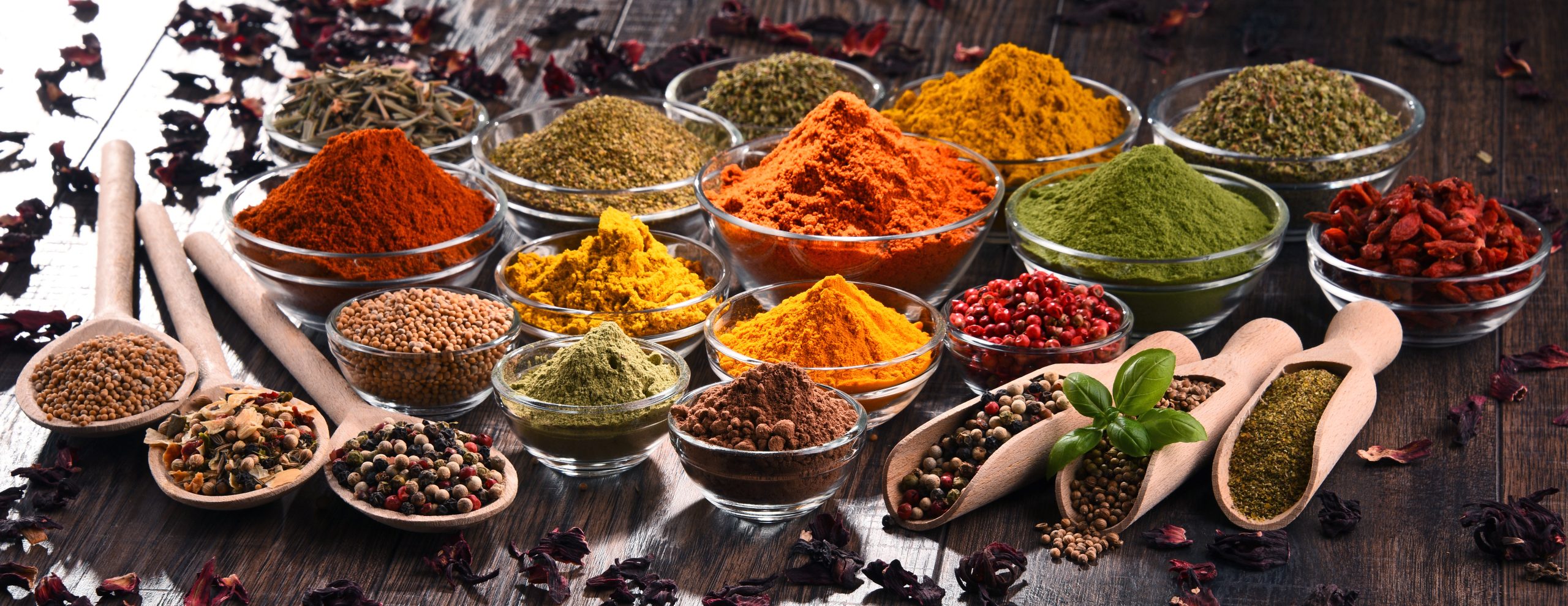According to the quote “Let food be thy medicine and medicine be thy food”, often attributed to the ancient Greek physician and father of modern medicine Hippocrates, the food we eat can have a powerful impact on our health and can be used to prevent or treat certain health conditions including cancer.
The World Health Organization states that colorectal cancer is the second most deadly and third most frequently diagnosed disease worldwide. By 2035, the rate of this global cancer, a disease in which cells in the colon or rectum grow out of control, is projected to double. However, colorectal cancer management is challenging due to late detection, high recurrence rate, and multi-drug resistance.
Assoc. Prof. Dr. Goh Khang Wen believes the lead compounds found in certain herbs and spices have the potential to inhibit the growth of cancer cells.
Apart from the use of modern medicine, some studies have been conducted showing that the use of certain food based on herbs and spices can prevent cancer, including colorectal cancer.
“Herbs and spices, apart from their culinary purposes, have been used for centuries in traditional medicine to treat a variety of health conditions including cancer and to promote overall wellness,” said Dr. Goh Khang Wen who published a research paper titled “Herb and Spices in Colorectal Cancer Prevention and Treatment: A Narrative Review” in collaboration with 13 other international researchers.
Earlier studies have indicated that these natural remedies may have a preventive impact against colorectal cancer or work well as anti-colorectal treatment options. Dr. Goh shared there is scientific evidence to support the idea that herbs and spices contain health properties and are rich in antioxidant, anti-inflammatory, and anti-cancer effects.
Colorectal cancer is the second most deadly disease, but including certain herbs and spices in food can help to prevent it.
“Due to certain bioactive compounds in these plants such as flavonoids, polyphenols and other phytochemicals, they have the possibility to be an effective anti-colorectal therapeutic alternative,” said the Associate Professor from the Faculty of Data Science and Information Technology at INTI International University.
Six herbs and spices were chosen for this research study for their potential chemoprotective or chemotherapeutic roles in colorectal cancer management. They are turmeric, ginger, garlic, fenugreek, sesame and flaxseed.
“These plants are widely investigated for the scientific validity of health benefits or traditional uses, particularly their anti-cancerous role,” he said.
Anti-oxidant activity, anti-inflammatory effects, anti-colorectal cancer effects were studied in addition to their mechanisms of action, as well as the main compounds in them which have therapeutic potential for colorectal cancer management.
“The research revealed that consuming culinary herbs and spices may help prevent and cure colorectal cancer, whereby the lead compounds found in certain herbs and spices may have the potential to inhibit the growth of cancer cells,” Dr. Goh explained.
According to him, turmeric contains curcumin, a bioactive compound that has been extensively researched for its possible health benefits and may have a protective effect against colorectal cancer. Curcumin is proven to have antioxidant, anti-inflammatory, and anti-carcinogenic characteristics.
Ginger, on the other hand, is one of the most consumed dietary condiments globally and is a great source of antioxidants used to treat ailments from colds to cancer. Consuming ginger in food or beverages would be an effective functional dietary product in cancer management and prevention.
Incorporating a variety of spices and herbs into our diet not only adds flavour to our meals but also has the potential to improve health.
Another commonly consumed spice, garlic, has medicinal values and uses since ancient times. Garlic extract and its bioactive compounds are chemopreventive agents for colorectal cancer with the ability to inhibit the growth of cancer cells.
Fenugreek is a herb that is traditionally used in Indian and middle eastern cuisine, as well as utilized in ayurvedic treatment. Research suggests it has anticarcinogenic properties, implying its potential as a colon preventive agent.
Sesame is mainly consumed in various cuisines and is preferably used with bread, biscuits, crackers and as a seasoning in food. It is rich in proteins, carbohydrates, minerals, and vitamins. Sesame seeds have multiple potential bioactive compounds that are accountable for disease-preventing properties.
Flaxseed is one of the richest plant sources of omega-3 fatty acids, which have demonstrated anti-inflammatory properties and the potential to reduce the risk of certain types of cancer including colorectal cancer.
Dr. Goh said scientific evidence from the literature study proved that herbs and spices have potential roles in preventing and reducing the severity of colorectal cancer as well as provide many other benefits.
“Knowing that herbs and spices are good candidates for chemopreventive agents for colorectal cancer due to their antiproliferative action on colorectal carcinoma cells and inhibitory activity on angiogenesis, we should choose to include them more in our diets to promote good health,” he concluded.


